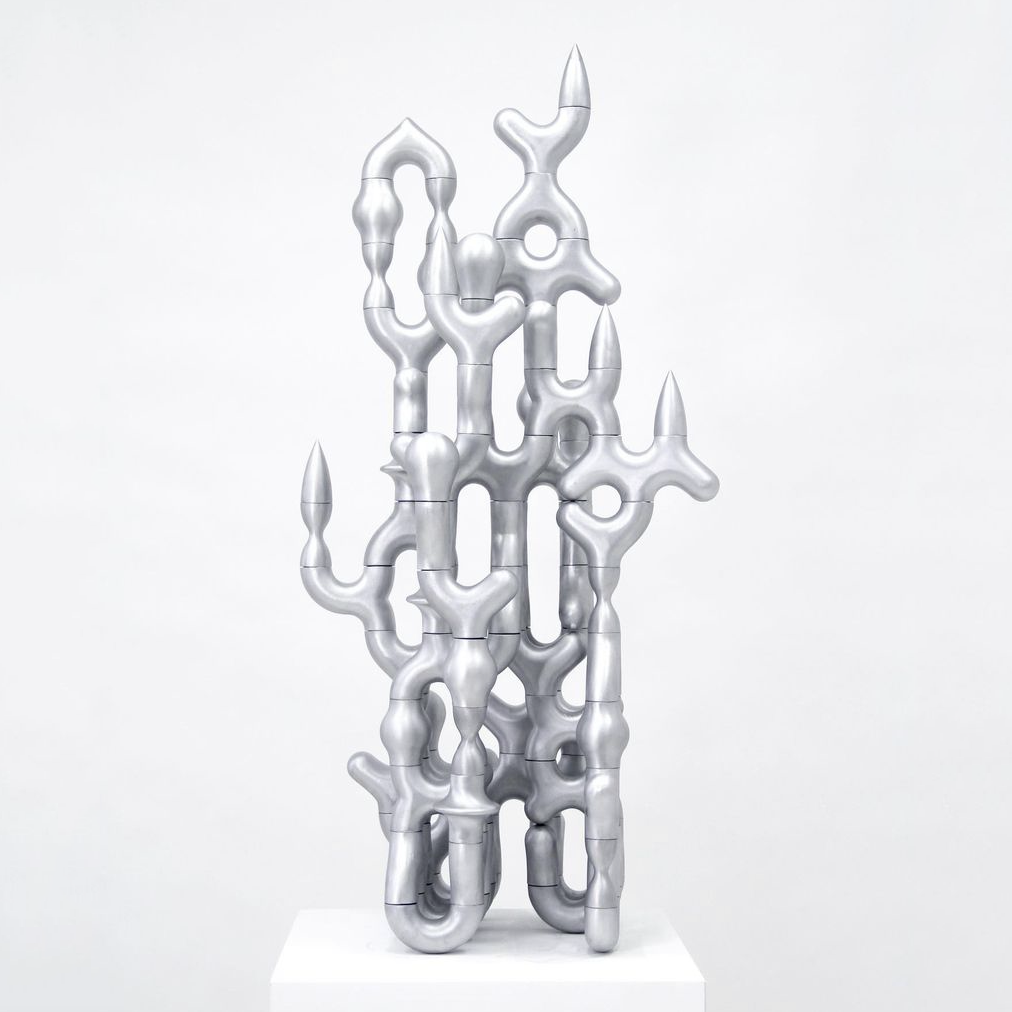Ideal Practices for Upkeep and Applications in the Light Weight Aluminum Shop Field: An In-depth Overview
Maintaining tools in the light weight aluminum factory sector is crucial for operational success. Regular inspections and anticipating maintenance can significantly lower downtime and improve security. Advanced technologies, such as IoT and information analytics, play a critical duty in this process. Understanding the complete extent of ideal techniques calls for a better exam of details methods and their impacts on efficiency. What are the crucial elements that contribute to a reliable maintenance structure?
Value of Regular Maintenance in Light Weight Aluminum Foundries
Routine maintenance plays a vital duty in the efficient operation of aluminum foundries. By methodically servicing and checking tools, foundries ensure peak efficiency and longevity of machinery. Routine upkeep tasks, such as lubrication, cleansing, and part substitute, assistance prevent unexpected failures that can result in expensive downtime.
Routine checks boost workplace safety by identifying potential risks before they intensify right into major concerns. Equipment that is properly maintained operates a lot more effectively, bring about boosted item top quality and lowered waste. Additionally, adherence to an organized upkeep timetable can support compliance with industry laws, thereby fostering a credibility for integrity and quality within the market.
Carrying Out Predictive Upkeep Strategies
Anticipating upkeep approaches take the principles of regular upkeep an action additionally by leveraging data analytics and advanced surveillance modern technologies. In aluminum factories, these strategies make it possible for drivers to prepare for equipment failings prior to they occur, thereby reducing unintended downtimes and enhancing operational performance. By making use of sensors and IoT devices, real-time information can be collected on machine performance, enabling the identification of prospective issues via anticipating analytics.
Enhancing Melting and Pouring Procedures
Reliable melting and putting procedures are essential for maximizing productivity and assuring the quality of aluminum spreadings. To enhance these processes, foundries should concentrate on exact temperature control during melting, as this straight impacts the metallurgical residential or commercial properties of the alloy. Utilizing sophisticated melting modern technologies, such as induction and resistance melting, can boost energy efficiency and decrease cycle times.
Additionally, executing automated putting systems reduces human error and keeps uniformity in the putting process. Appropriate mold and mildew prep work, consisting of ample preheating, is important to stop thermal shock and improve mold and mildew longevity.

Enhancing Safety Procedures in Foundry Workflow
Prioritizing safety in aluminum shop procedures is crucial for securing workers and ensuring a productive setting. Efficient security protocols consist of routine training sessions that emphasize the significance of individual protective equipment (PPE), such as gloves, safety helmets, and safety glasses. Furthermore, the facility of clear emergency situation procedures is necessary in managing possible accidents.
Normal evaluations of equipment and machinery help determine risks before they rise into serious issues. Applying a robust coverage system encourages employees to connect safety concerns without worry of repercussion. Moreover, cultivating a society of security warranties that every employee comprehends their function in keeping a safe and secure workplace.
In enhancement, assuring proper air flow and monitoring air quality can mitigate exposure to damaging fumes and dust. By strengthening these practices, light weight aluminum factories can significantly reduce the threat of crashes and produce an environment where staff members really feel valued and risk-free, eventually improving total functional effectiveness.
Leveraging Modern Technology for Improved Performance
Using advanced technology has actually ended up being progressively vital for light weight aluminum factories intending to boost operational performance. Automation and robotics play an essential duty in improving production processes, reducing labor costs, and decreasing human mistake. Implementing real-time surveillance systems enables the continuous assessment of equipment performance, allowing proactive maintenance and minimizing downtime.
The integration of data analytics offers valuable understandings into functional process, helping with far better decision-making and resource allowance. For instance, predictive analytics can determine potential failures before they occur, further enhancing maintenance timetables.
In addition, adopting sophisticated melting and spreading modern technologies enhances energy performance and material yield, which are fundamental for sustainability in the market. By welcoming these technical improvements, light weight aluminum shops check here can not just increase productivity yet also keep an one-upmanship in a significantly demanding market (aluminum casting company). Eventually, leveraging technology is essential in driving technology and improving general functional performance within the market

Often Asked Questions
What Are Typical Signs of Tools Use in Aluminum Foundries?
Usual indicators of equipment wear in light weight aluminum shops consist of uncommon noises, reduced performance, raised resonance, overheating parts, leaks, and visible deterioration. These indications frequently signal the need for upkeep or potential replacement to avoid expensive downtime.
Exactly How Can I Train Personnel for Effective Upkeep Practices?
To educate staff for reliable maintenance techniques, one can carry out hands-on workshops, develop extensive handbooks, urge mentorship programs, and conduct routine analyses to review skills and understanding, ensuring all employees recognize upkeep protocols thoroughly.
What Are the Ecological Regulations for Aluminum Foundries?
Light weight aluminum factories go through different ecological laws, including exhausts control, waste management, and resource preservation. Compliance assurances very little ecological effect, promoting sustainability while adhering to neighborhood, national, and global ecological requirements and policies.
How Do Factories Handle Waste and Recycling of Light weight aluminum?
Factories manage waste and recycling by applying systems for gathering scrap light weight aluminum, making use of sophisticated separation innovations, and collaborating with recycling centers to guarantee efficient recovery procedures, thus minimizing environmental effect and advertising sustainability within the industry.
What Are the Expenses Connected With Implementing Advanced Technologies?
Implementing sophisticated innovations in foundries incurs significant expenses, including preliminary financial investment, training, and upkeep costs. The lasting advantages, such as increased performance and lowered waste, usually warrant these expenses, leading to enhanced earnings. (Aluminum Casting)
